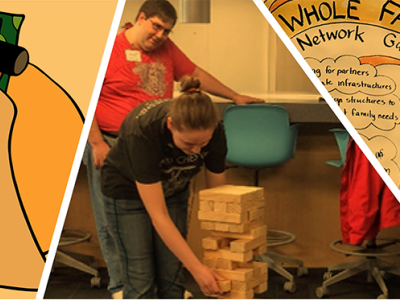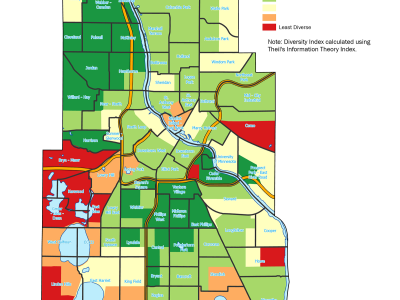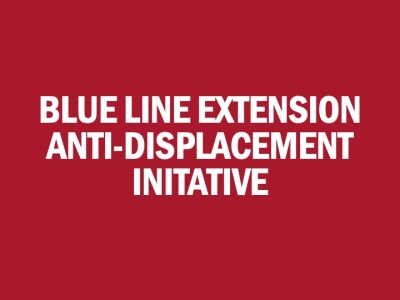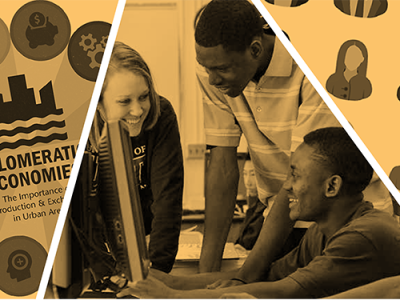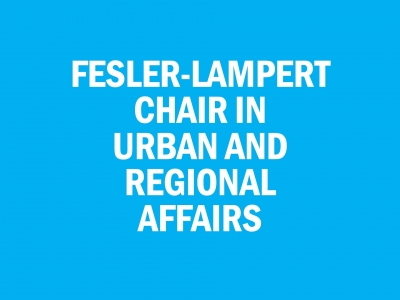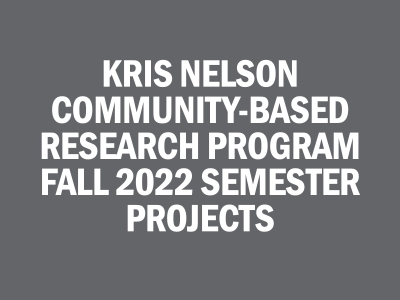Researchers: David Beard (Professor of Rhetoric, Department of English, Linguistics, and Writing Studies, University of Minnesota Duluth); Kim Dauner (Associate Professor of Healthcare Management, Department of Economics and Healthcare Management, University of Minnesota Duluth); Julie Slowiak (Associate Professor of Industrial and Organizational Psychology, Department of Psychology, University of Minnesota Duluth); and Kathryn Van Wert (Assistant Professor of English, Department of English, Linguistics, and Writing Studies, University of Minnesota Duluth)
An interdisciplinary team works with critical access hospitals in Ely, Grand Marais, Bigfork Valley, and…
